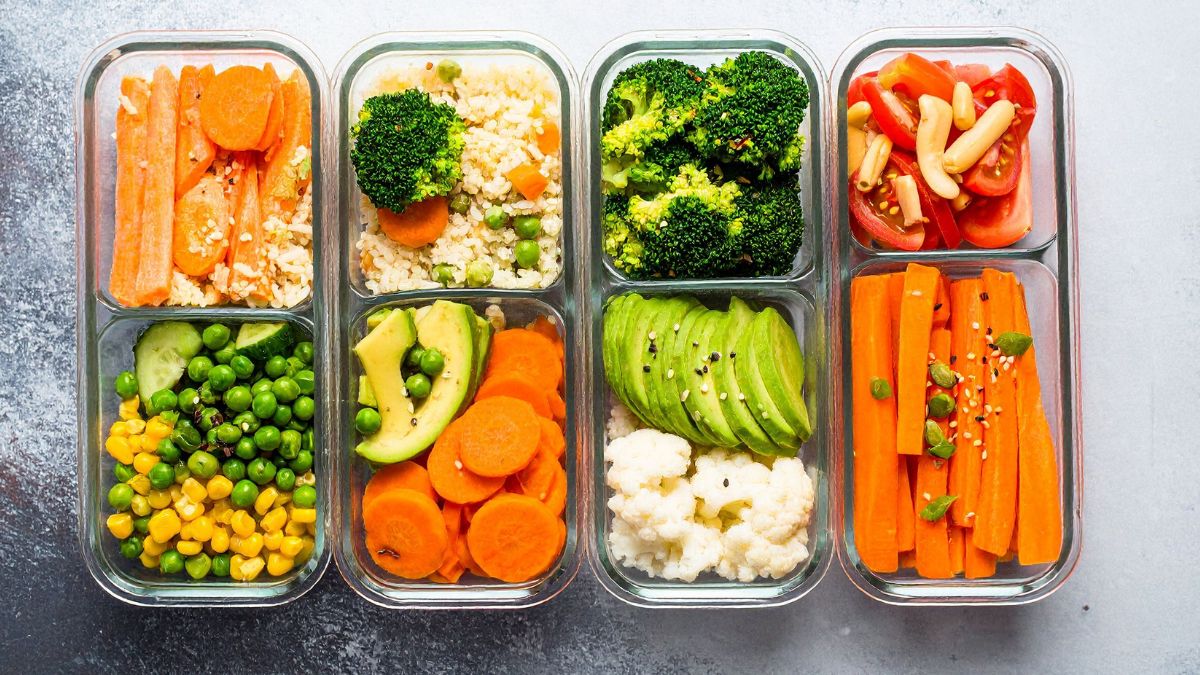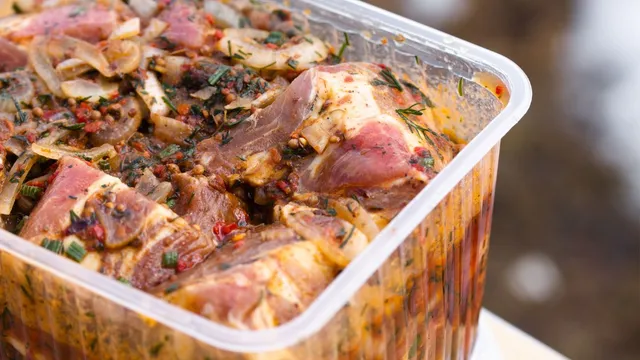- By Iram Hussain
- Tue, 30 Sep 2025 10:51 AM (IST)
- Source:JND
While plastic containers are common household items and convenient in most kitchens, not all foods are safe in them. Some foods react with plastic, absorb chemicals or their shelf life is shortened or spoiled when stored in plastic while affecting the taste and safety of the item. Storing certain foods in plastic containers may cause them to leach harmful chemicals that can contaminate the food or degrade the quality of the item. It is necessary to avoid foods that cannot be stored in plastic containers to prevent food waste, off-flavours and food safety hazards. Here is a list of foods you should nstore in plastic containers, even by mistake and know why.
Foods To Avoid In Plastic Containers
Hot Meals
When hot meals are placed in plastic containers, the heat can warp the plastic, increase chemical leaching and also cause steam to become trapped and foster bacterial growth. In order to maintain flavour and to provide some level of safety to our health, it is best to let the leftovers cool a little before placing the food in glass or stainless steel containers.
Raw Meat And Seafood
Meat, poultry and seafood can carry bacteria which can also flourish in the enclosed spaces of plastic containers that can trap moisture. To reduce the risk of cross-contamination, it is best to store raw proteins in glass containers or their original packaging on a drip tray.
ALSO READ: Avoid Putting These 5 Things In Microwave | Aluminium Foil, Water & Others
Acidic Fruits
Tomatoes, citrus fruits and berries are some acidic food items that may react with plastic. This could impact the flavour and may also release chemicals into the food. To keep these foods fresh and safe, it's best to store them in glass or ceramic containers with lids.

Foods to never keep in plastic containers (Image Credits: Canva)
Fermented Foods
Fermented foods (kimchi, pickles, or carbonated beverages) will gas off in sealed plastic containers, causing spills or container deformation. Instead, it’s ideal to keep them in either buch jars or ceramic holders.
Oily Or Fatty Foods
Fatty foods such as cheese, butter, nut butters and oily sauces can leach chemicals from plastic containers. Glass containers are a safer, non-reactive option.
ALSO READ: 5 Foods You Should Never Keep In Your Fridge Or Refrigerator
Safe Storage Alternatives
Transition to glass, stainless steel or ceramic containers as a way to mitigate the risk of chemical leaching and keep food fresh.
You can also use silicone lids and wraps for short-term food storage since they are needed to ensure safety and flexibility.
Allow hot foods to cool slightly before sealing and do not store acidic or oily foods in plastic for extended periods to ensure the quality and safety of the food you consume.

